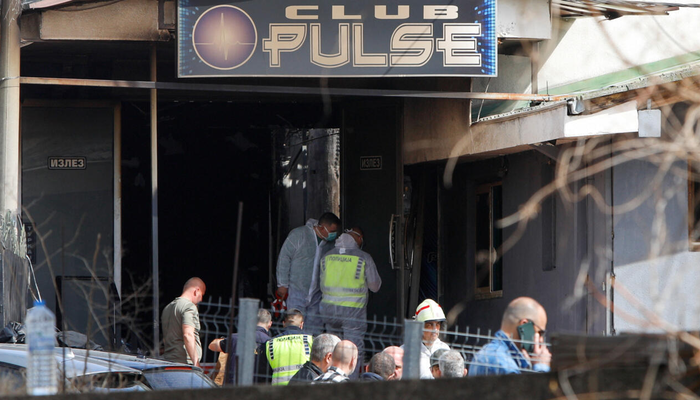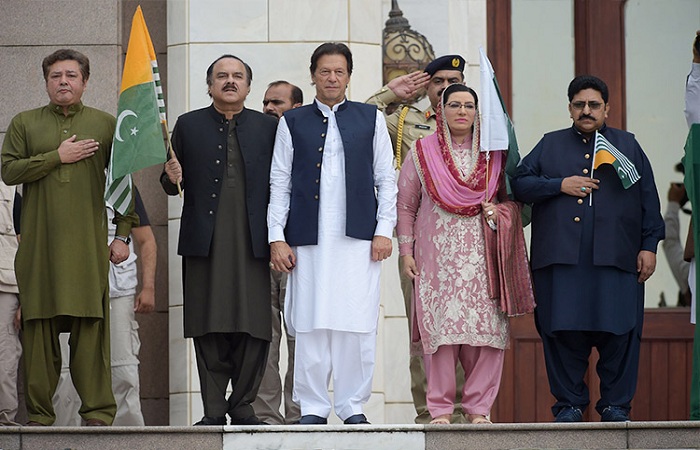Germany has urged direct talks with Iran to ease tensions after the US airstrike that killed Iranian General Qassem Soleimani.
European leaders have called for calm after the US airstrike that killed Iranian General Qassem Soleimani. Despite heightened anxiety in the region, there are no plans to increase Germany’s troop deployment in Iraq.
Germany’s foreign minister said Saturday he is hoping for direct talks with Iran, in addition to the country’s European partners and the United Nations, as a way of de-escalating tensions in the Middle East following the US assassination of Qassem Soleimani.
Heiko Maas said: “In the coming days, we will do all we can to counteract a further escalation of the situation in the United Nations, the EU and in dialogue with our partners in the region, including in talks with Iran.”
Despite heightened anxiety in the region, Maas said he had no plans to increase Germany’s deployment of around 120 troops in Iraq.
Read More:
- Germans Transgender demands compensation after forced sterilisation
- Renault-Nissan ex-boss left Japan after alleged financial misconduct
- Ukraine,Russia working on new prisoner swap
- US embassy compound in Baghdad stormed by Protesters
- British woman guilty of false gang-rape claim
- China approves two GM crops for import from US
- Significant loss recorded in Indian tourism industry
- Libyan army,Haftar’s forces made Tripoli airport battlefield
- Australia announces compensation for firefighters
“The fight against ISIS is and remains in Germany’s interest, and the Bundeswehr is providing important training to this end on the ground,” Maas said, using another name for the “Islamic State” group.
Maas said he was in close contact with his British and French counterparts, along with US Secretary of State Mike Pompeo, and the EU’s foreign affairs chief Josep Borrell, who has also called for calm following the US airstrike in Baghdad that took out Soleimani on Friday.
On Saturday, Borrell met with Iranian Foreign Minister Mohammad Javad Zarif in Brussels and tweeted: “Spoke with Iranian FM Zarif about recent developments. Underlined need for de-escalation of tensions, to exercise restraint & avoid further escalation.”
Borrell also urged Zarif to maintain the landmark nuclear agreement struck between Iran and the UN Security Council permanent members, namely the United Kingdom, France, China, Russia and the United States, plus Germany.
The 2015 deal, also known as the JCPOA, offered Tehran relief from debilitating sanctions in return for restrictions on Iran’s attempts to acquire nuclear weapons.
It has been at risk of disintegrating since US President Donald Trump unilaterally withdrew from it 18 months ago and reimposed those economic sanctions.
Borrell said: “Also discussed importance of preserving #JCPOA, which remains crucial for global security. I am committed to role as coordinator.”
France also increased its diplomatic initiatives on Saturday as President Emmanuel Macron spoke with Iraqi President Barham Salih.
“The two presidents agreed to remain in close contact to avoid any further escalation in tensions and in order to act to ensure stability in Iraq and the broader region,” Macron’s office said in a statement.
British Foreign Secretary Dominic Raab is planning to meet Secretary of State Pompeo in Washington on Thursday, after meeting with his French and German counterparts earlier in the week.
Meanwhile, in the US and the UK, people took to the streets to speak out against another potential conflict in the Middle East, as well as condemn Trump’s aggressive actions.
Hundreds of protesters in Washington chanted outside the White House: “No justice, no peace. US out of the Middle East!”
Those chants were repeated in New York’s Times Square, with protesters carrying signs that read “Stop bombing Iraq” and “No war or sanctions on Iran.”
Similar demonstrations took place in Chicago and other cities across the US, as well as Berlin, the Bangladeshi capital, Dhaka, and in the Canadian cities of Toronto and Ottawa.
Speakers at the Washington event included actress and activist Jane Fonda, who last year was arrested at a climate change protest.
“The younger people here should know that all of the wars fought since you were born have been fought over oil,” Fonda, 82, told the crowd. “We can’t anymore lose lives and kill people and ruin an environment because of oil.”
Similar protests took place in London, with opposition lawmakers keen to avoid a repeat of the 2003 Iraq war.
Labour politician Richard Burgon reminded protesters that former US President George W. Bush had made clear 17 years ago that the United States “would launch war on Iraq, regardless of whether there was UN backing or not.”
“And to our shame, our government signed up to that,” Burgon said, adding that “hundreds of thousands of Iraqis died, millions of Iraqi lives were destroyed” in the war. “But a war on Iran could be even more deadly. It risks a new full-scale war in the Middle East that could spiral out of control.”
British Prime Minister Boris Johnson has thus far not commented on the situation.
Germany has urged US to talk with Iran to ease tension.



